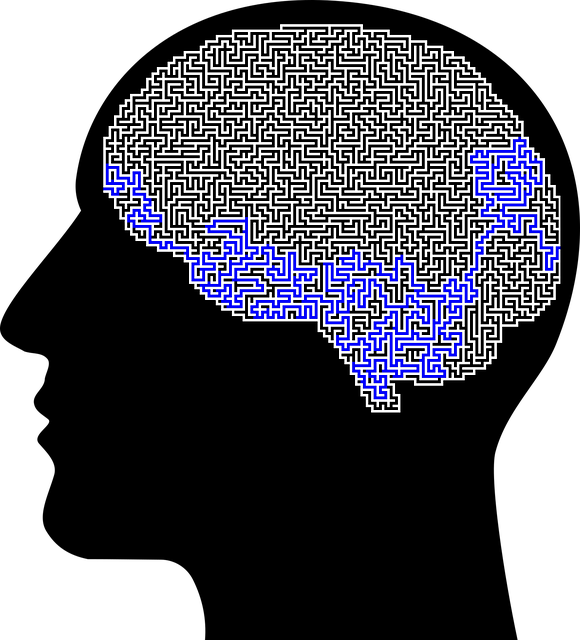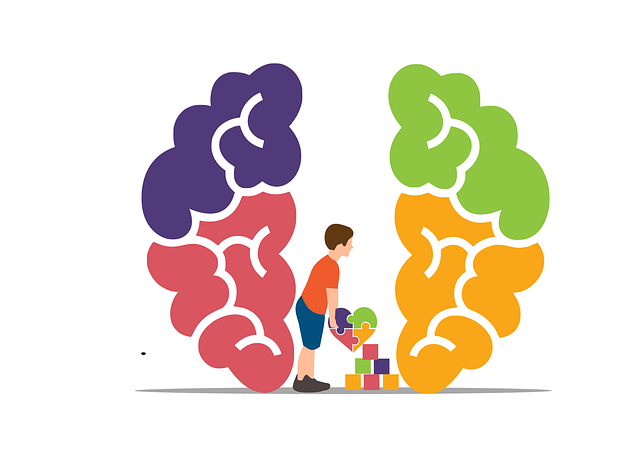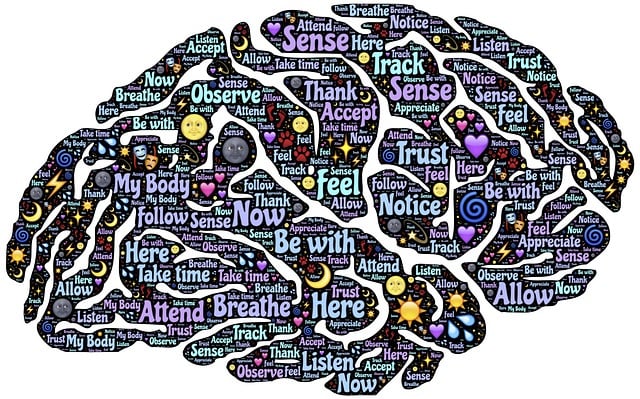Lafayette Family Counseling Therapy offers innovative mental wellness coaching programs tailored to diverse populations and needs. Through evidence-based practices like CBT, mindfulness, and stress management, their coaches empower individuals with tools for emotional resilience and self-care routines. The focus on a supportive environment, risk assessment, and group workshops destigmatizes mental health issues while fostering holistic development and lasting well-being. Lafayette Family Counseling Therapy's data-driven approach ensures effective coaching through regular assessments, contributing to positive mental wellness outcomes.
Mental wellness coaching programs have emerged as vital tools for promoting individual and collective well-being. As recognized by Lafayette Family Counseling Therapy, these programs cater to a growing need for accessible support in navigating mental health challenges. This article explores the development of such programs, from understanding the demand to practical strategies like incorporating evidence-based practices and creating supportive environments. We delve into designing effective curricula, measuring success through assessments, and sharing insights from Lafayette’s expertise.
- Understanding the Need for Mental Wellness Coaching Programs
- Designing Effective Coaching Curricula at Lafayette Family Counseling Therapy
- Incorporating Evidence-Based Practices in Coaching Sessions
- Strategies for Building a Supportive Coaching Environment
- Measuring Success and Ensuring Client Growth through Regular Assessments
Understanding the Need for Mental Wellness Coaching Programs

In today’s fast-paced world, mental wellness has emerged as a paramount concern, driving the development of innovative coaching programs like those offered by Lafayette Family Counseling Therapy. The increasing prevalence of stress, anxiety, and other mental health issues highlights a pressing need for accessible support. Mental wellness coaching programs step in to fill this gap, providing individuals with tools and strategies to enhance their emotional resilience and overall well-being.
These programs cater to diverse populations, from working professionals seeking work-life balance to families aiming to improve communication and connection. Public Awareness Campaigns Development plays a crucial role in destigmatizing mental health issues, encouraging people to prioritize their inner strength development. Moreover, risk assessment for mental health professionals is essential to ensure safe and effective coaching practices, fostering an environment where individuals can openly explore and address their mental wellness challenges.
Designing Effective Coaching Curricula at Lafayette Family Counseling Therapy

At Lafayette Family Counseling Therapy, designing effective coaching curricula is an art that intertwines scientific evidence with compassionate, client-centered approaches. The programs are meticulously crafted to cater to diverse mental wellness needs, focusing on holistic development. Through tailored sessions, coaches guide individuals in cultivating self-care routines for better mental health and emotional well-being promotion techniques. By fostering a safe space, the therapy encourages clients to explore their inner strength and develop resilience, ultimately empowering them to navigate life’s challenges with enhanced coping mechanisms.
The curricula at Lafayette Family Counseling Therapy incorporates evidence-based practices, mindfulness exercises, cognitive behavioral therapy (CBT) techniques, and positive psychology interventions. These comprehensive strategies are designed to help individuals not only manage existing mental health concerns but also cultivate lasting well-being. By combining individual coaching with group workshops, the programs create a supportive community where participants can learn from one another, share experiences, and reinforce their journey towards inner strength development.
Incorporating Evidence-Based Practices in Coaching Sessions

Incorporating evidence-based practices into coaching sessions is a cornerstone of effective mental wellness programs. At Lafayette Family Counseling Therapy, we recognize that blending scientific research with personalized coaching can significantly enhance client outcomes. Techniques such as cognitive-behavioral therapy (CBT), mindfulness meditation, and stress management strategies have been proven to offer substantial anxiety relief and support depression prevention efforts. These practices are tailored to meet the unique needs of each individual, ensuring a holistic approach to better mental health.
By integrating these evidence-based methods, our coaching sessions empower clients with practical tools for self-care routine development. This not only enhances their ability to manage stress and overcome challenges but also fosters long-term resilience. Through a collaborative process, coaches guide clients in identifying triggers, challenging negative thought patterns, and adopting healthier coping mechanisms, ultimately leading to improved overall well-being.
Strategies for Building a Supportive Coaching Environment

Creating a supportive coaching environment is paramount to the success of any mental wellness program. Coaches play a vital role in fostering an atmosphere that encourages clients to openly discuss their challenges and work towards personal growth. One effective strategy is to cultivate empathy building strategies that promote understanding and connection. By actively listening and empathizing with clients’ experiences, coaches create a safe space where individuals feel heard and validated, thereby fostering trust and motivation for change.
Additionally, integrating burnout prevention strategies for healthcare providers is essential, as coaches themselves must maintain their well-being to offer consistent support. This involves setting clear boundaries, prioritizing self-care practices, and encouraging clients to do the same. Regular risk assessments for mental health professionals are crucial to identify potential hazards within the coaching relationship, ensuring that both coach and client remain within ethical and safe parameters. Such proactive measures contribute to a sustainable and supportive environment conducive to positive mental wellness outcomes, akin to the comprehensive services offered by Lafayette Family Counseling Therapy.
Measuring Success and Ensuring Client Growth through Regular Assessments

Regular assessments play a pivotal role in measuring the success of Mental Wellness Coaching Programs, particularly at Lafayette Family Counseling Therapy. These evaluations allow for a clear understanding of client progress and identify areas where support is needed. By incorporating standardized tools and personal reflections, coaches can track improvements in symptoms, life satisfaction, and coping mechanisms. This data-driven approach ensures that interventions are effective and tailored to each individual’s unique needs.
Through frequent assessments, clients gain valuable insights into their mental wellness journey. They learn to recognize triggers for stress and negative thinking patterns, empowering them to employ proven Stress Reduction Methods. By fostering Positive Thinking, these assessments enable individuals to set achievable goals, build resilience, and maintain momentum in their personal growth. Lafayette Family Counseling Therapy’s commitment to regular evaluations fosters a dynamic coaching environment, driving continuous client development.
Mental wellness coaching programs, as demonstrated by the successful models at Lafayette Family Counseling Therapy, are integral to addressing the growing need for accessible mental health support. By incorporating evidence-based practices and fostering supportive environments, these programs can significantly enhance client growth. Regular assessments ensure that coaches can tailor their approach, ultimately contributing to improved mental wellness outcomes. As we navigate an increasingly complex world, such initiatives revolutionize access to care, making it a vital game-changer in the field of mental health support.













